Gozyuger Brings Nostalgia for Fans of Gao Ranger
No.1 Sentai Gozyuger is Toei’s latest Super Sentai series, set to premiere on February 16, 2025, marking the 50th anniversary of the franchise with a theme that intertwines reality, technology, and mythology. For those unfamiliar, Toei Company has been synonymous with the Super Sentai film series, resonating with many fans from the late 80s to early 90s. Notably, in Vietnam, the most recognized series are Gaoranger (Gao Ranger) and Ninpu Sentai Hurricanger (Ninja Force – Hurricane).
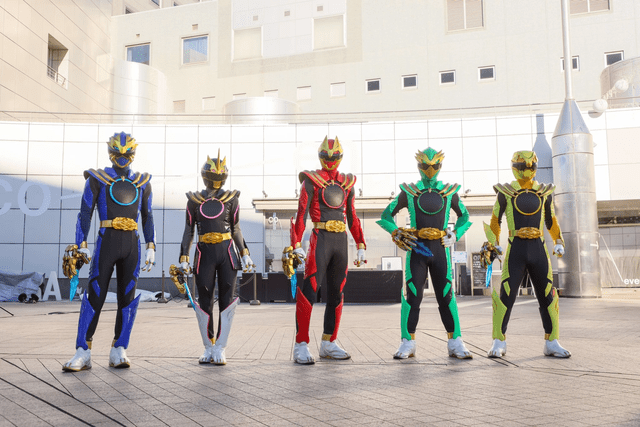
The latest episode of Gozyuger has indeed brought a wave of nostalgia for the community of fans who love Japanese superhero shows. The new series has revived the Gao Ranger theme and features the legendary song “Hibiki no Shirabe,” which was previously performed by Tetomu for Gao Nai in a series that resonates with many generations in Vietnam, particularly those born in the early 2000s.
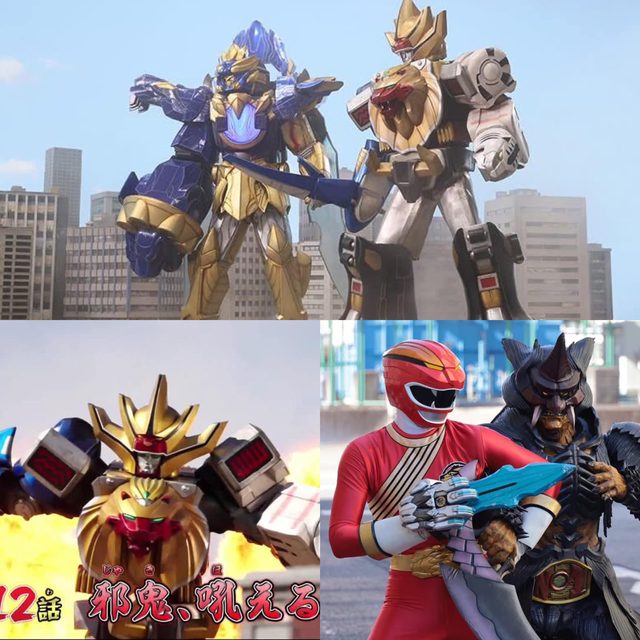
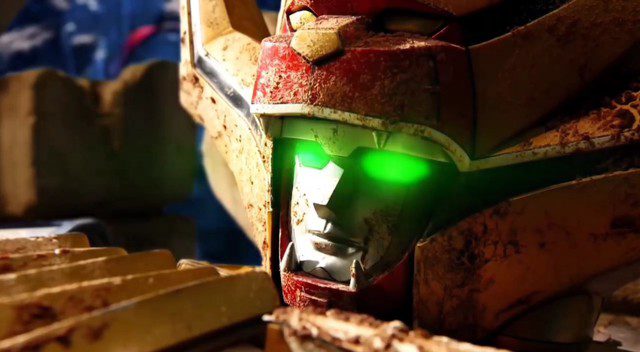
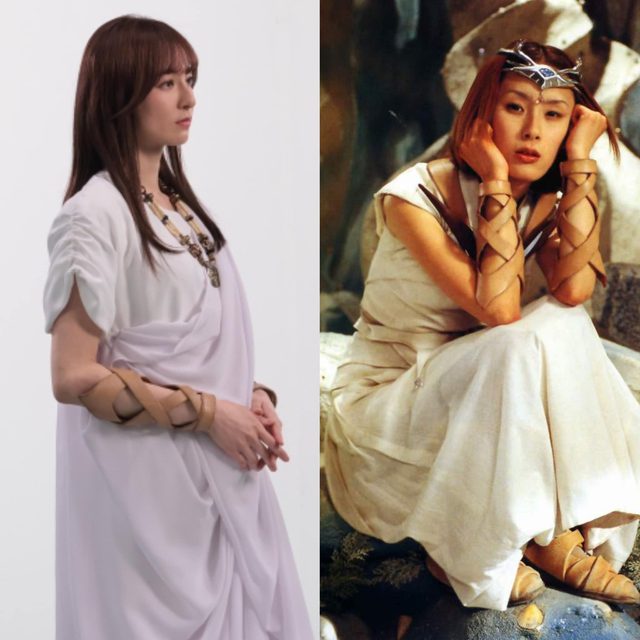
It goes without saying that across various platforms, many fans and social media users have eagerly shared their reactions to this news. Although the original actor for Gao Ranger, Noboru Kaneko, is no longer in the role, seeing Gao Ranger reappear with the Golden Bow and the White Sword of the Dragon Emperor has excited many fans. This marks the return of Gao King, paired with the iconic song “Hibiki no Shirabe,” creating a nostalgic experience. For many Gao fans, these images are a remarkable throwback to their childhood.
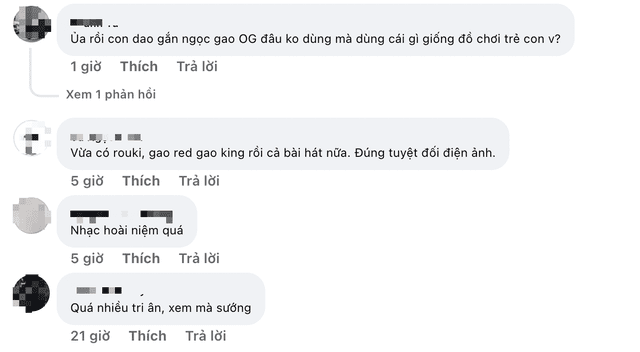
Gozyuger marks a significant turning point in the history of Super Sentai films
Compared to some previous series (both on the home front and internationally), the “Five Super Heroes” trope often leads to a feeling of monotony due to repetitive motifs. However, whenever a new superhero series is released, it always captivates the attention of the audience of all ages.
With the introduction of various new themes, Gozyuger is poised to bring fresh air to the franchise. The purpose of this new series is not only to pay tribute to longtime fans but also to develop a new audience, attracting those who are accustomed to Western superhero narratives more than traditional Japanese ones.















